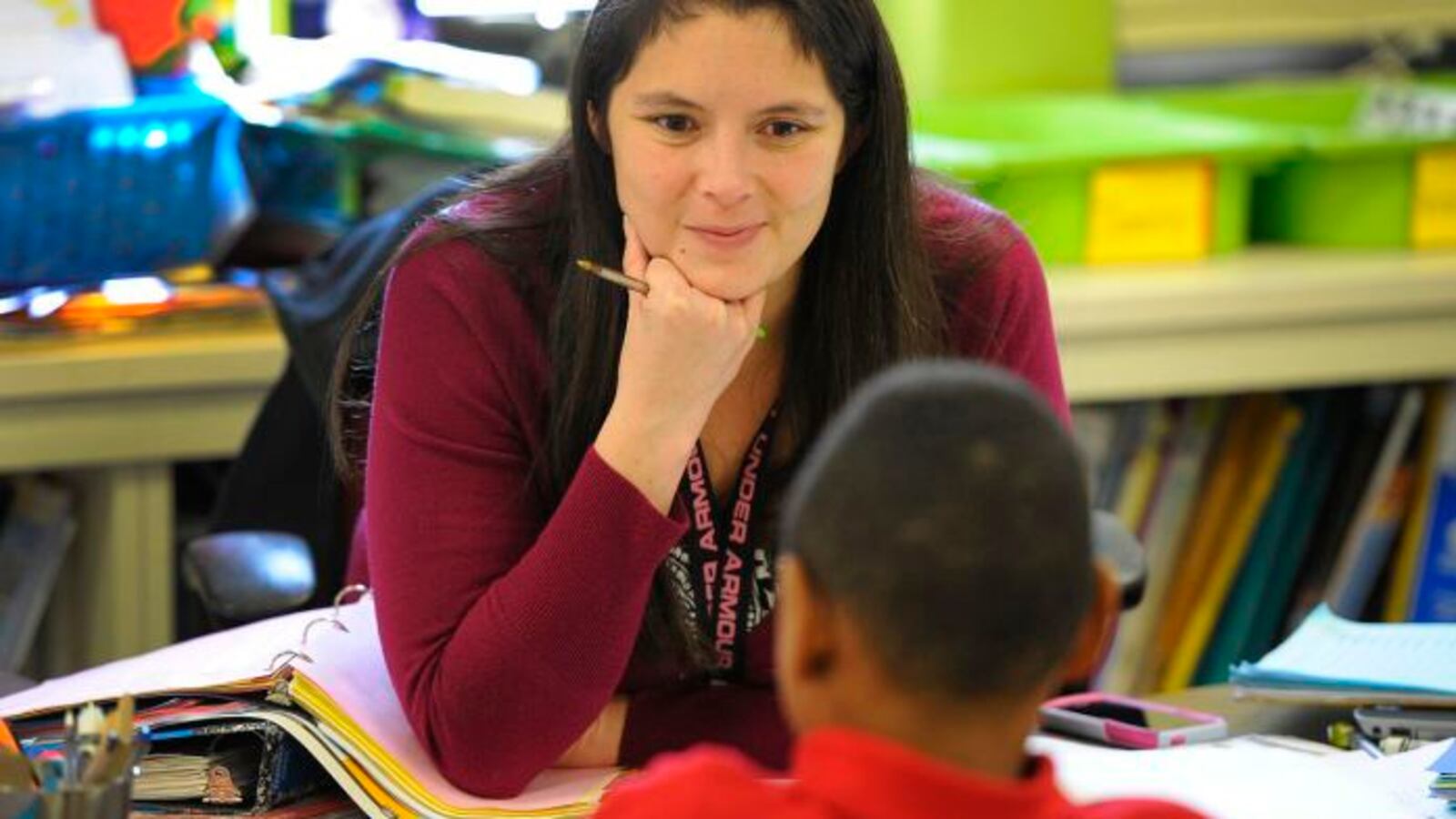A new study from Vanderbilt University will seek clarity on how Tennessee school systems can best use teacher evaluation data to drive instructional improvement.
The study, which will measure how collaboration between teachers matched by their evaluation data impacts student achievement, is funded with a $5 million grant from the U.S. Department of Education’s Institute for Education Sciences. Along with Vanderbilt’s Peabody College of Education, partners in the project include the Tennessee Department of Education, Brown University and Harvard Graduate School of Education.
“This grant allows us to undertake rigorous research to learn more about how teachers can best support their peers’ instructional improvement,” said Nathaniel Schwartz, chief research officer for the state Department of Education. “We expect to use the results of this research … for classroom improvement in years to come.”
Tennessee’s teacher evaluation process has been a hot topic in recent years. Under the 2010 federal Race to the Top grant competition, Tennessee was the first state to roll out an intensive teacher evaluation process that includes student test scores. State education leaders say the evaluations are becoming increasingly accurate. Teachers, too, are increasingly supportive of the evaluations, although the emphasis on testing remains a point of contention between teachers and policymakers.
“This will provide the opportunity for us to learn how teacher evaluation data can be used for teacher collaboration and growth, and to study what principals can do to develop school cultures and structures to support this data use,” said Ellen Goldring, Peabody professor of education policy and leadership, who will co-lead the study along with Peabody’s Jason Grissom.
Researchers at Brown, Harvard Graduate School of Education and the state have developed an approach called the Instructional Partnership Initiative, using detailed teacher evaluation data to pair teachers with peers who have strengths in the areas in which they have weaknesses, or vice-versa.
The new study will evaluate the initiative’s effectiveness in nearly 1,500 schools across Tennessee. Researchers will examine the effect of teacher collaboration on student achievement, track whether and how the program was implemented, and study the conditions that contributed to its adoption and success.


